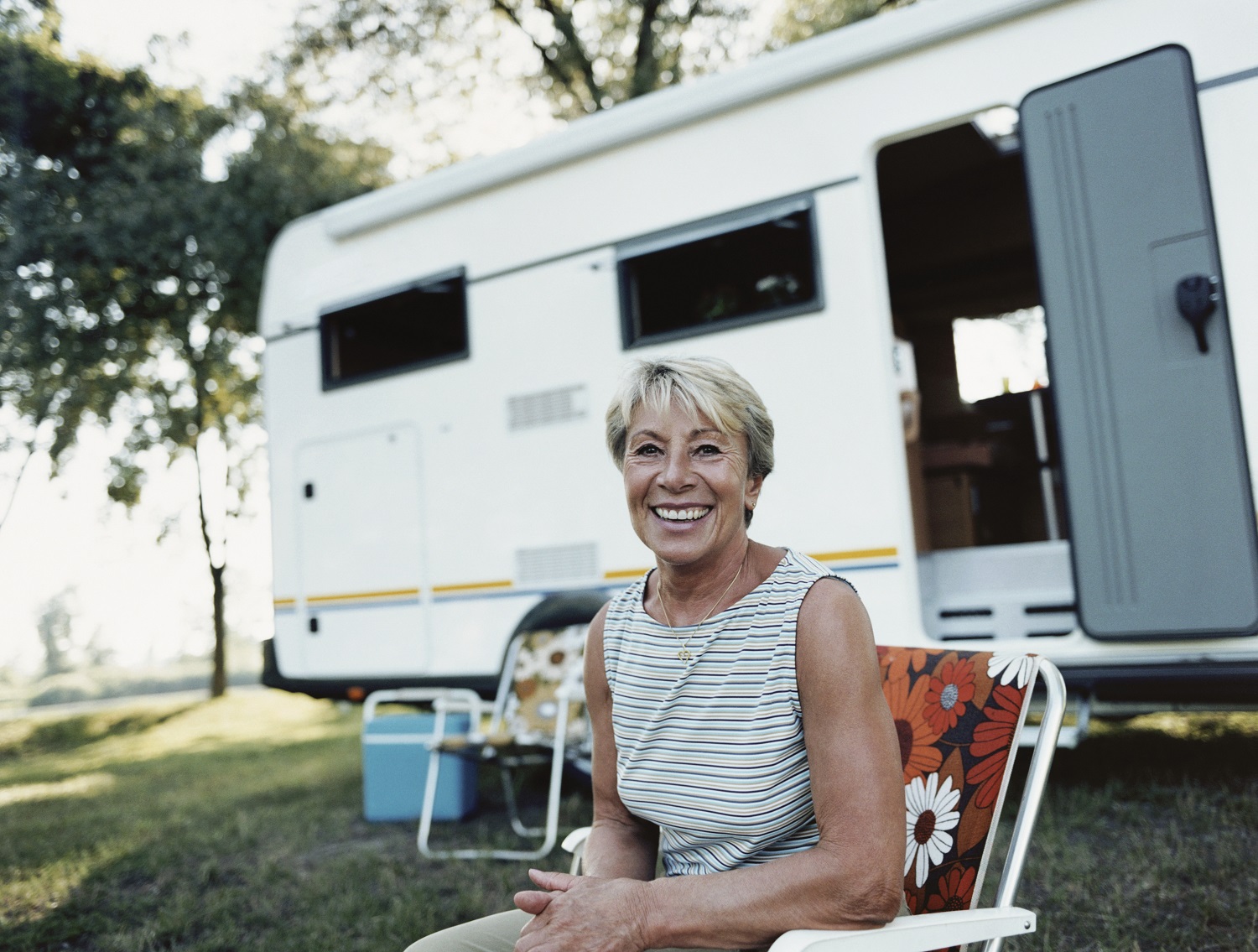
Grey nomads will be given access to greater tools and education to help manage their diabetes while travelling.
Flinders University researcher Dr Anita De Bellis is leading a research project to develop a preparation checklist for grey nomads and diabetes educators and an education module to help health care professionals best manage the chronic condition, which affects 1.7 million Australians.
Grey nomad is a colloquial term for people generally over the age of 55 who travel for extended periods of time in a caravan or recreational vehicle.
Dr De Bellis, who has been undertaking research mainly in aged care for the past 25 years, says type 2 diabetes is one of the most prevalent chronic diseases affecting people over 55.
“Type 2 diabetes affects their whole body, they’re more prone to cardiovascular diseases and stroke as well as kidney and eye problems,” she says.
The Australian Diabetes Education Association (ADEA) Diabetes Research Foundation have granted $60,000 towards the research project, which will include surveying grey nomads with diabetes via social media.
The participants will be questioned on how they manage the condition while on the road, the problems they’re experiencing and what they do to prepare for travel.
Professor Trisha Dunning, Chair of the ADEA Diabetes Research Foundation Council, says the research will be useful about a relatively unexplored issue and that the key to living well with diabetes includes having support and resources.
“Living well is a personal issue but depends on the individual having good general health and diabetes self-care knowledge and the support and resources needed to undertake self-care,” she says.
Dr De Bellis’s project builds on previous research into the diabetic grey nomad population through interviews with diabetes educators working in rural and remote areas of South Australia.
Diabetes educators are health professionals such as registered nurses who have completed further studies to help people self-manage diabetes.
The prior research found that pharmacies were often the first port of call for diabetic grey nomads, but diabetes educators working at hospitals or community health centres also encountered the travellers.
“Often the diabetes educators only came across grey nomads with diabetes when they had problems with their medication, equipment or some sort of complication,” Dr De Bellis says.
“The next step is for us to research diabetic grey nomads themselves, as well as the pharmacists about their experiences of dealing with grey nomads who have diabetes.”
The preparation checklist will help travellers with diabetes better prepare to self-manage the condition while on the road and will be made available online through the ADEA for all travellers.
An education module will also be prepared for pharmacists and allied health professional to help older people with diabetes who travel for extended periods of time to improve their self-management and medication management while on the road.
Dr De Bellis says it’s important for travellers with diabetes to understand their condition and how to self-manage during times when their normal support is not available.
“We have an ageing population and Australia has wide open spaces and many kilometres between towns and services,” she adds.

